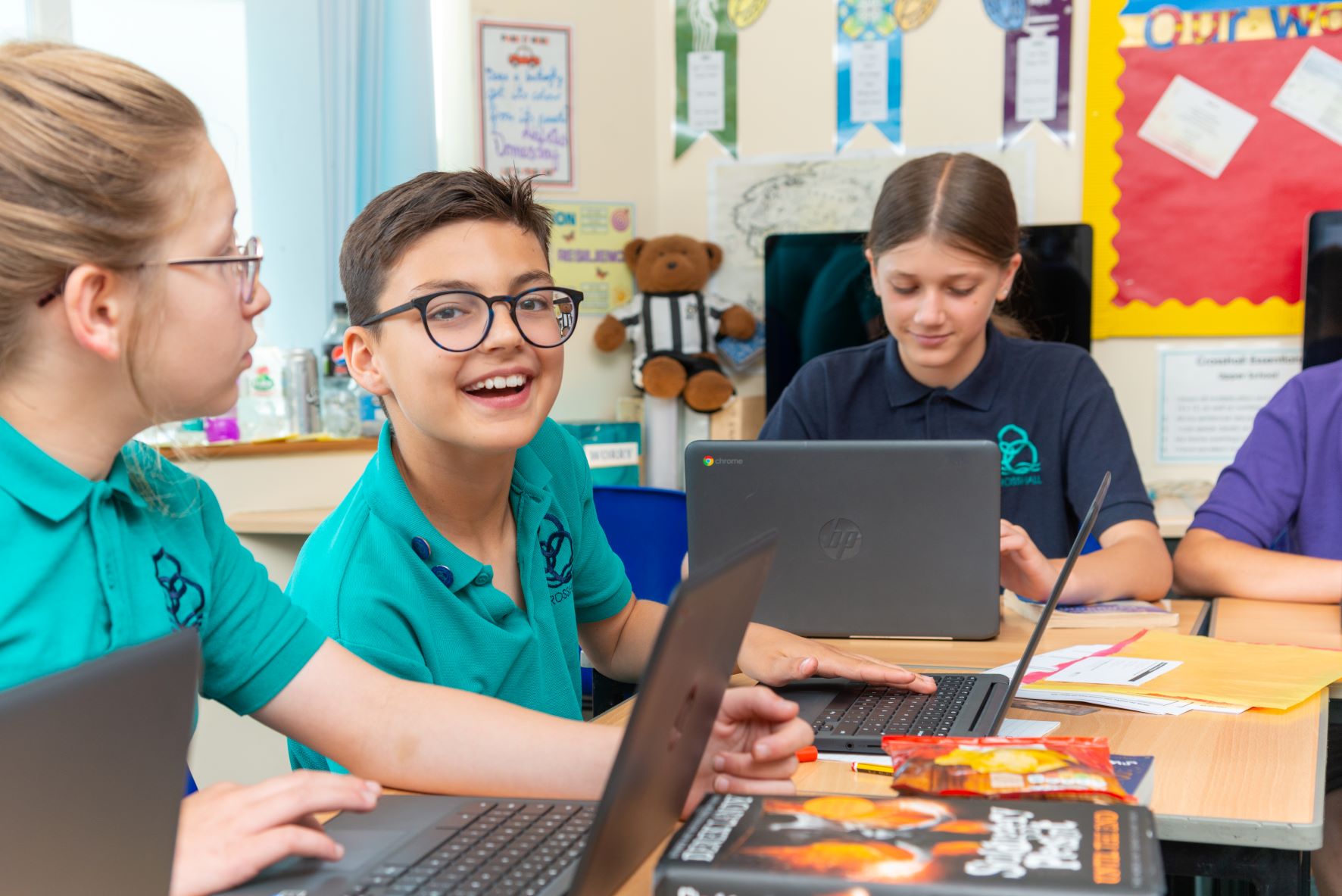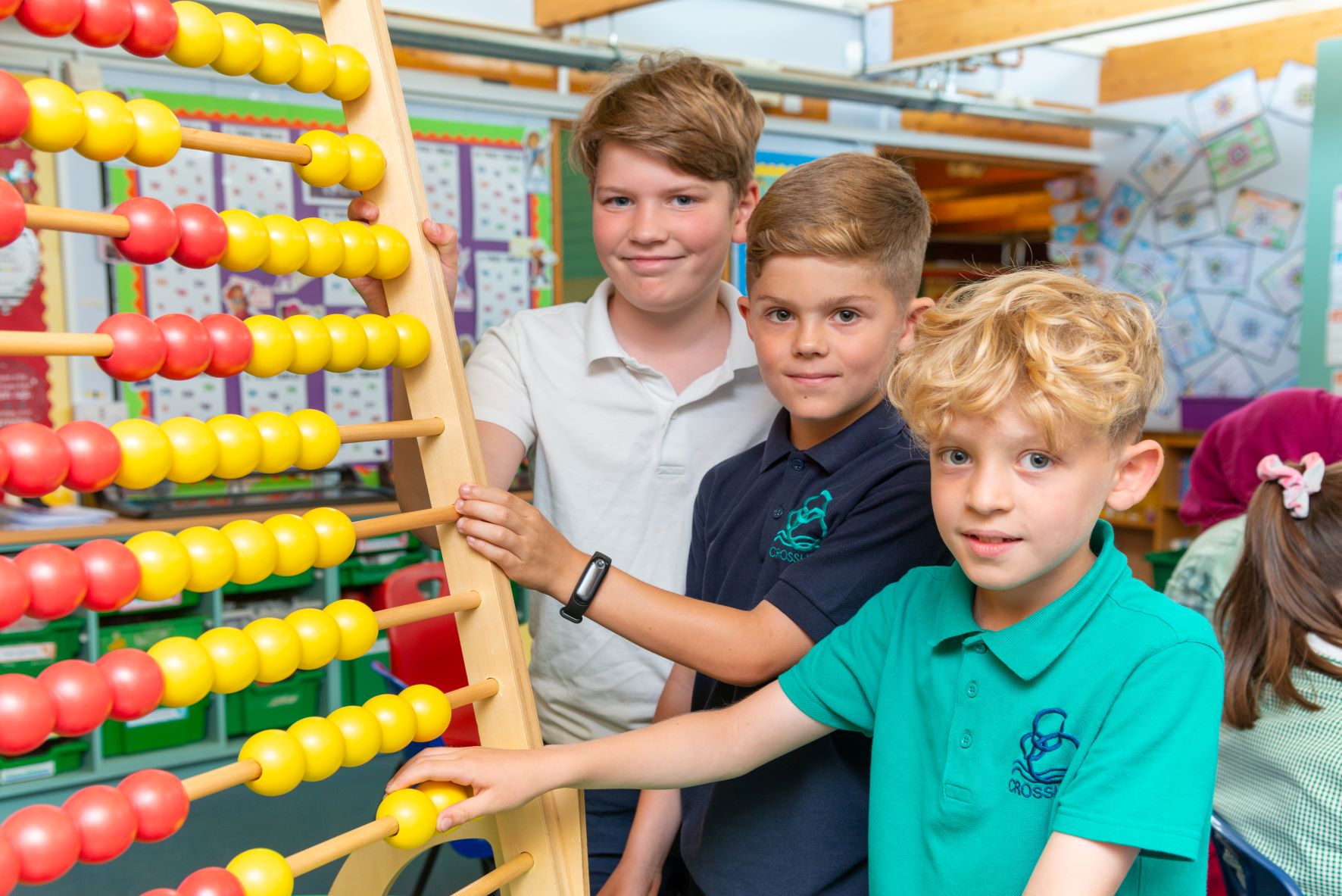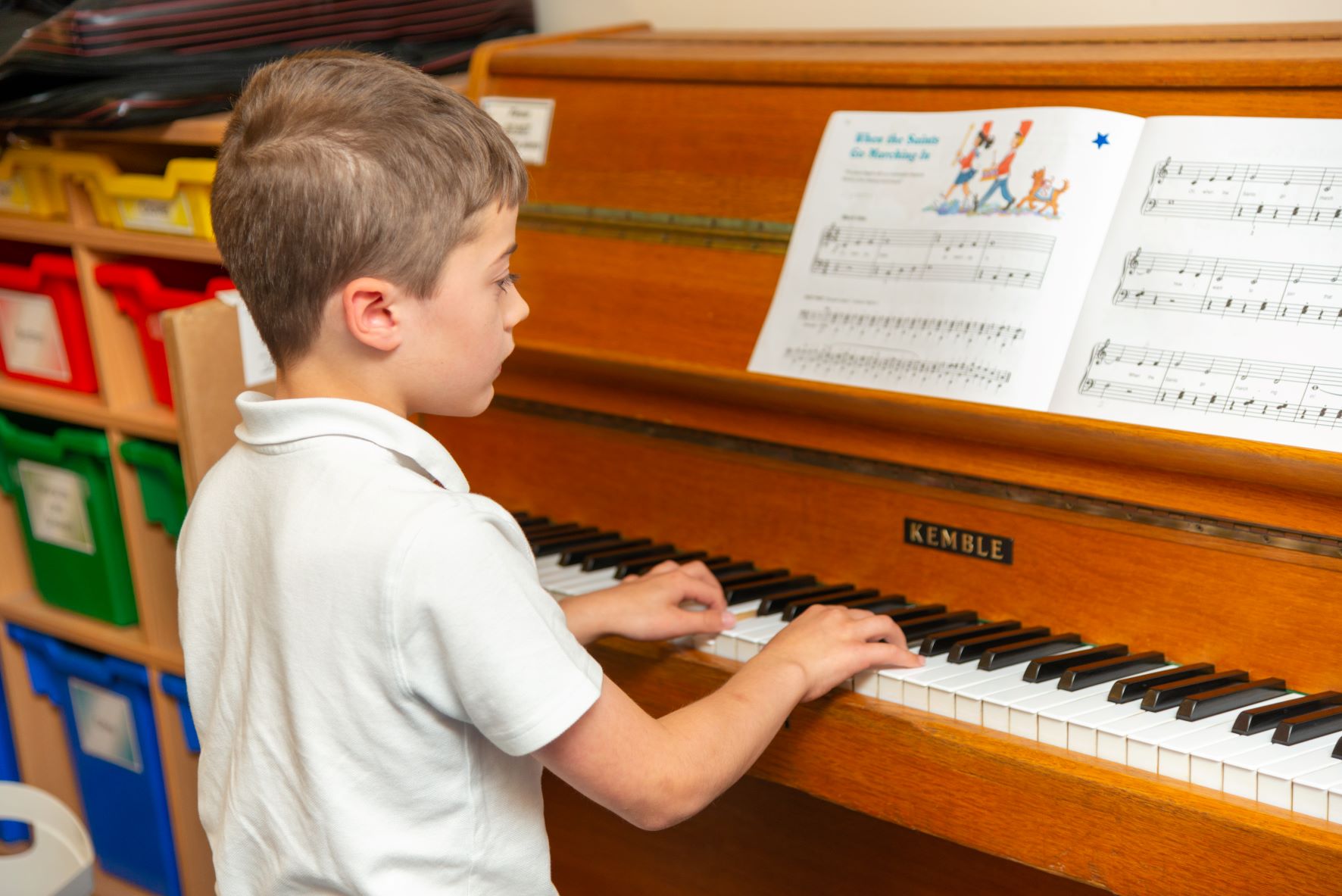Safeguarding
Under section 175 of the Education Act 2002 (as amended), *the Education (Independent School Standards) Regulations 2014, the Non-Maintained Special Schools (England) Regulations 2015, and the Apprenticeships, Skills, Children and Learning Act 2009 (as amended) to have arrangements in place to safeguard and promote the welfare of children.
We will endeavour to provide a safe and welcoming environment where children are respected and valued.
The school will therefore be alert to signs of abuse and neglect and will follow the Cambridgeshire and Peterborough Safeguarding Children Partnership Board’s procedures to ensure that children receive appropriate and effective support and protection.
Parents/carers should know that the law requires all school staff to pass on information which gives rise to a concern about a child’s welfare, including risk from neglect, physical, emotional or sexual abuse. Parents/carers should know that records of safeguarding concerns may be kept about their child. They should be informed that school staff will seek, in general, to discuss any concerns with them including referrals to other agencies.
Local procedures states: “Consent should always be sought from an adult with parental responsibility for the child/young person before passing information about them to Children’s Social Care, unless seeking consent would place the child at risk of significant harm or may lead to the loss of evidence for example destroying evidence of a crime or influencing a child about a disclosure made.” This includes allowing them to share information without consent, if it is not possible to gain consent, if it cannot be reasonably expected that a professional gains consent, or if to gain consent would place a child at risk.
Where there is a need to share special category personal data, the Data Protection Act 2018 contains ‘safeguarding of children and individuals at risk’ as a processing condition that allows professionals to share information.
In accordance with legislation and local Information Sharing protocols, we will ensure that information is shared securely and sensitively. Information will only be shared with other services where it is deemed necessary and proportionate to ensure that children and young people are safe and receive the right service. In all circumstances, the safety of the child will be the paramount concern.
Schools will contact Children’s Social Care when they have reasonable cause to suspect a child may be suffering or likely to suffer significant harm. Occasionally, concerns are passed on which are later shown to be unfounded. Parents/carers will appreciate that the member of staff in the school with responsibility for child protection (known as the Designated Safeguarding Lead or Deputy Designated Safeguarding Lead) was carrying out their responsibilities in accordance with the law and acting in the best interests of all children.
Under Section 3 (5) of the Children Act 1989, any person who has care of a child “may….do what is reasonable in all the circumstances of the case for the purpose of safeguarding promoting the child’s welfare”. This means that on rare occasions, a school may need to “hold” a child in school whilst Social Care and the Police investigate any concerns further.
* The word ‘school’ is used throughout but this would include all educational settings e.g. Academies, Pupil Referral Units, Further Education establishments and Independent schools.
Please find the latest copy of the Crosshall Junior School Safeguarding policy at bottom of this page.
If you have any safeguarding concerns, please call and ask to speak to the Designated Safeguarding Lead (01480 475 972), alternatively you can email us at safeguarding@crosshalljunior.co.uk
Our Safeguarding team currently includes: Mr Liam Murphy, Mr Dan Ainscow, Mrs Tracy Searle
For further information on the procedures we follow, visit our Local Safeguarding Children Board (LSCB) website: http://www.safeguardingcambspeterborough.org.uk/children-board/
PREVENT Guidance
In order for schools and childcare providers to fulfil the Prevent Duty, it is essential that staff are able to identify children who may be vulnerable to radicalisation and know what to do when they are identified. Protecting children from the risk of radicalisation should be seen as part of schools’ and childcare providers’ wider safeguarding duties and is similar in nature to protecting children from other harms (e.g. drugs, gangs, neglect, sexual exploitation), whether these come from within their family or are the product of outside influences.
Schools and childcare providers can also build pupils’ resilience to radicalisation by promoting fundamental British values and enabling them to challenge extremist views. It is important to emphasise that the Prevent Duty is not intended to stop pupils debating controversial issues. On the contrary, schools should provide a safe space in which children, young people and staff can understand the risks associated with terrorism and develop the knowledge and skills to be able to challenge extremist arguments.
Please find attached our Prevent Action Plan and the Prevent Duty guidance from The Department for Education.
Operation Encompass Protocol For Domestic Abuse
More information on Operation Encompass can be found HERE





